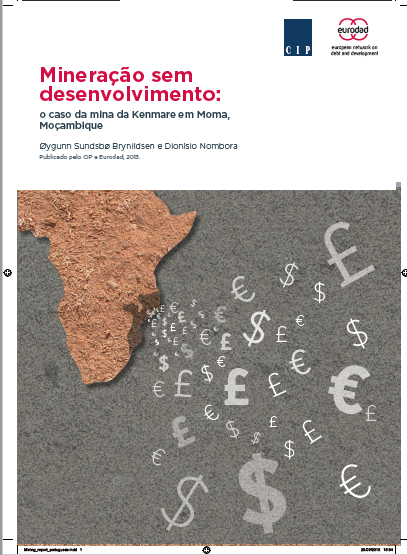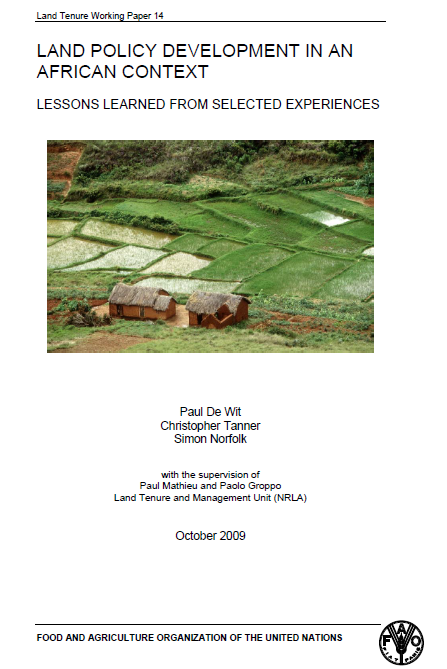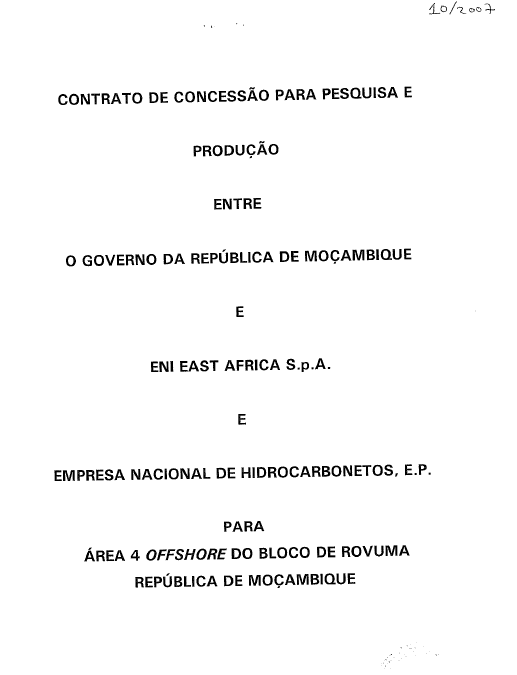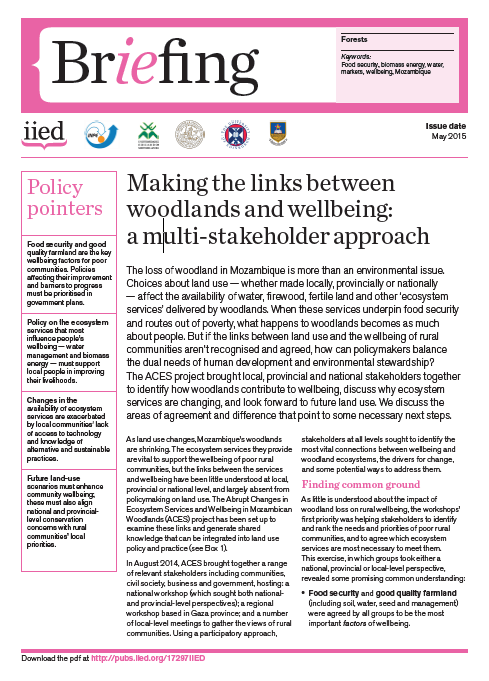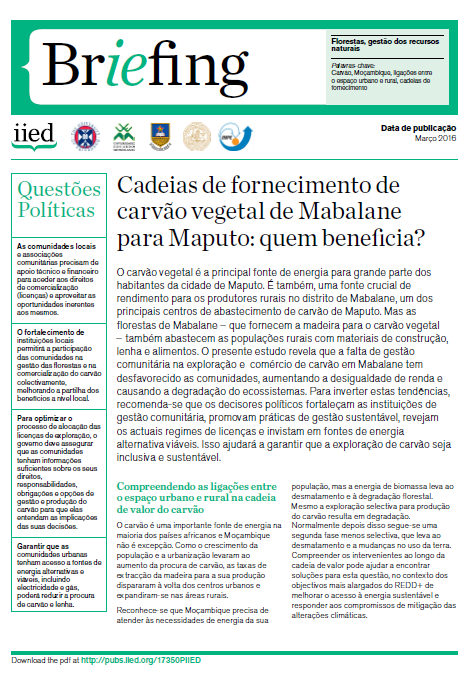Mineração sem desenvolvimento
Em Moçambique, há grandes expectativas de que a abundância de minerais, petróleo, gás e pedras preciosas venha servir para financiar a saúde, a educação e a rede de infra-estruturas, contribuindo para pôr fim ao flagelo da miséria, que afecta a vida da maioria dos cidadãos.

